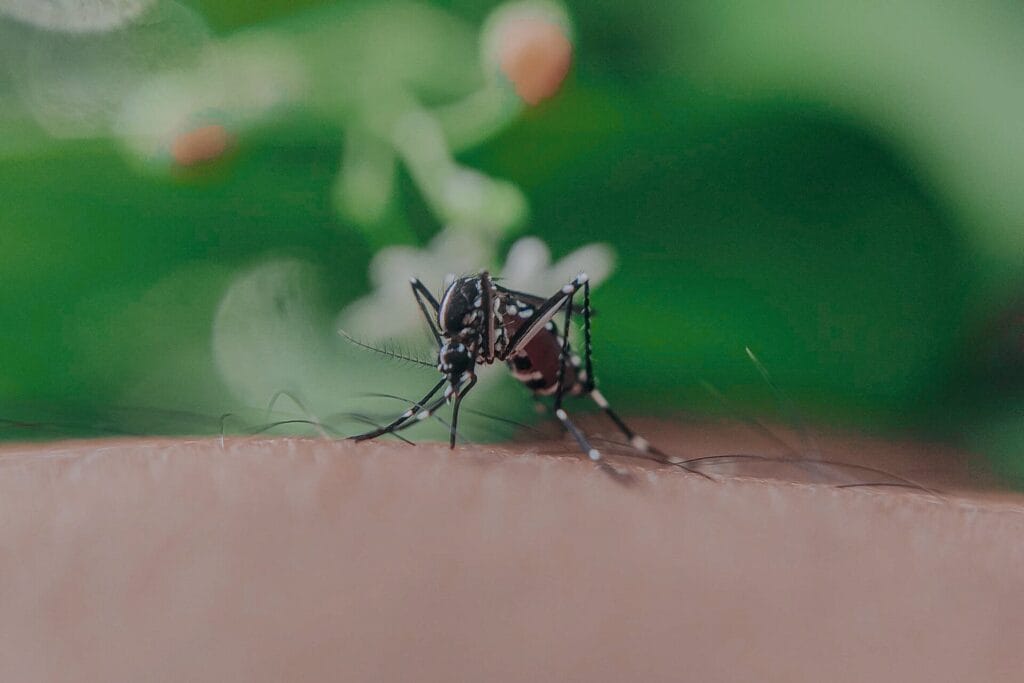Four-year degrees at non-autonomous colleges
Starting from the academic year 2024-25, 812 non-autonomous colleges affiliated with the University of Mumbai will offer four-year degree courses such as BA, BSc, and BCom. The academic council of the University of Mumbai decided to introduce it in alignment with the guidelines of the New Education Policy (NEP). It is aimed at providing innovative and career-focused educational pathways.
The undergraduate degree course will offer multiple entry and exit points, with options for certification, diploma, and basic Bachelor’s degrees.
Previously, the University of Mumbai had already implemented this four-year degree system in the majority of its 62 autonomous colleges. In accordance with the NEP directives, the university has chosen to extend this educational model to non-autonomous colleges and has formulated a comprehensive curriculum and credit structure for the humanities, commerce, and science disciplines.
Source: Hindustan Times
As air quality decreases, HC issues notices to authorities
Amid rising air pollution in Mumbai, the Bombay High Court has criticised authorities for not taking steps to create health advisories or raise awareness about the alarming levels of Air Quality Index (AQI) in the city.
A division bench made this observation in its order, having taken suo motu cognizance of the air pollution issue in Mumbai. The bench issued notices to the Maharashtra government, Union government, Brihanmumbai Municipal Corporation (BMC), Maharashtra Pollution Control Board (MPCB), and Central Pollution Control Board (CPCB), seeking information on the measures implemented to address the problem.
Source: NDTV
Read more: Citizens seek judicial intervention for rising air pollution in Mumbai
As dengue cases rise, BMC to try genome sequencing
In response to the surging dengue cases in the city, the Brihanmumbai Municipal Corporation (BMC) will try genome sequencing to pinpoint the specific strain of the dengue virus responsible for this mosquito-borne disease.
According to BMC data, a total of 4,384 dengue cases were reported from January 1 to October 22 this year, with a significant increase of 3,675 cases between July 1 and October 22 during the monsoon season. The BMC had previously employed genome sequencing, an advanced scientific method that offers valuable insights into virus behaviour, during the swine flu epidemic.

This comprehensive testing will take place at the BMC’s Kasturba Hospital laboratory, where approximately 180 to 200 patient samples from BMC dispensaries, hospitals, and private healthcare facilities will be analysed. The primary focus will be on dengue patients from the hardest-hit neighbourhoods.
Source: Indian Express
Grease ponds to stop risky track crossings
To prevent commuters from endangering themselves by crossing the railway tracks, the Central Railways has implemented an unconventional solution: grease ponds. Grease has been spread on the iron barricades positioned at the platform ends to discourage commuters from attempting to climb over them and cross the tracks.
Furthermore, a trench filled with grease has been installed at the platform’s end to prevent any gaps after the barricades. This innovative approach, currently under trial at Belapur station, is set to be extended to both the Harbour and Trans-Harbour lines.
Between April to September 2023, a total of 69 accidents have been reported across Mumbai division as per Central Railway records. “The accidents include both casualties and injuries. It is a matter of concern, therefore we are trying every means possible to prevent any more accidents,” said a railway officer.
Source: Hindustan Times
Mumbai’s new luxury shopping hub reflects rising affluence
On November 1, Reliance Industries Ltd. (RIL) unveiled the Jio World Plaza (JWP) in Mumbai’s Bandra Kurla Complex (BKC), becoming a luxury shopping destination. This luxurious mall features brands like Balenciaga, Valentino, Tory Burch, YSL, Versace, Tiffany, Ladurée, and Pottery Barn, along with flagship stores from renowned names like Louis Vuitton, Gucci, Cartier, Bally, Giorgio Armani, Dior, and Bulgari, catering to India’s growing affluent clientele.
The JWP’s launch aligns with the rising affluence in India. According to the 2023 ‘Wealth Report’ by Knight Frank, there is a projected 58.4% growth in India’s ultra-high-net-worth individuals (UHNWI). The number of individuals with a net worth exceeding $30 million is expected to reach 19,119 by 2027. The number of billionaires is also anticipated to increase from 161 in 2022 to 195 in 2027.
Source: Mint
(Compiled by Sherine Raj)